These 10 books help raise awareness of systemic oppression in the U.S.
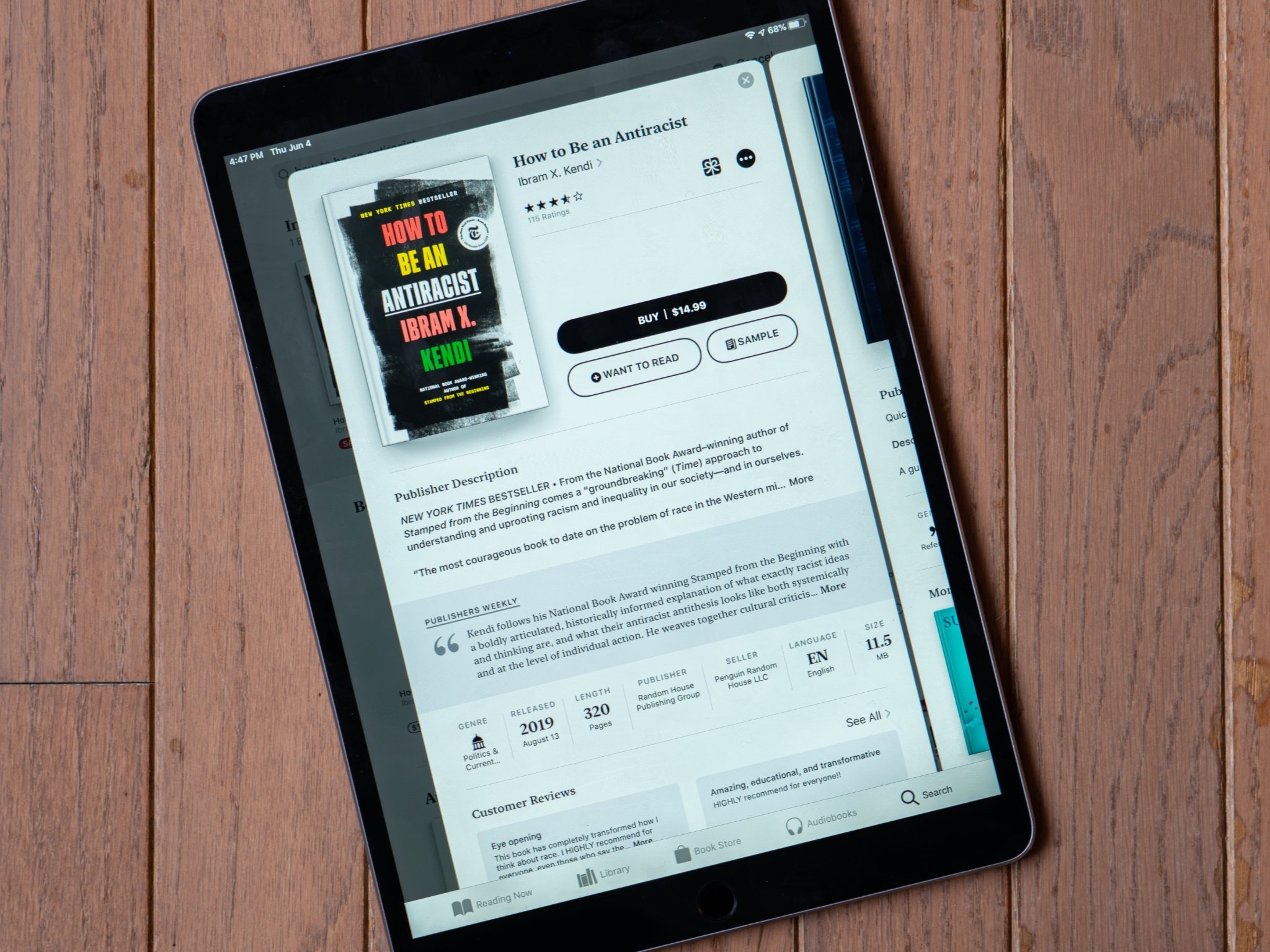
Like a lot of white Americans, I have, shall we say, gaps in my understanding of systemic racial injustice in the United States. It's not that I'm blind to it, it's just that I don't have a full understanding of the issues at hand because I lack first-hand experience, or I'm not sure how to recognize or confront racism when I see it.
The books on this list are a great start for anyone looking to expand their knowledge on these issues or to see a new perspective on life in America. These books cover a selection of topics, like talking about race in a constructive way, learning how to be antiracist, and the history of systemic segregation of housing.
A note
While this article contains links to Amazon and Apple for to purchasing digital versions of these books, I'm also including links to black-owned bookstores from which you can order them online. These establishments tend to offer primarily physical books.
While you'll only find a handfull of shops in the upcoming list, you can find an excellent selection of black-owned bookstores (maybe even just around the corner from you) at the following locations:
How to Be An Antiracist
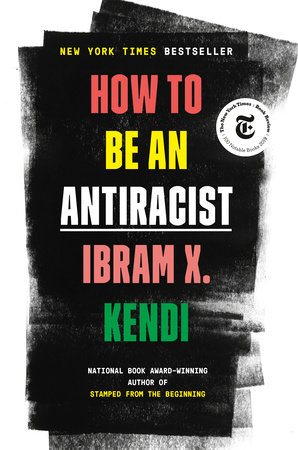
Ibram X. Kendi outlines the philosophy and importance of antiracism in confronting systemic racism in America. Kendi shows how racism infects every facet of our society, and how to recognize it. Going further, he examines how antiracism can teach us a path forward and allow us actually to take steps towards a more just world.
White Rage
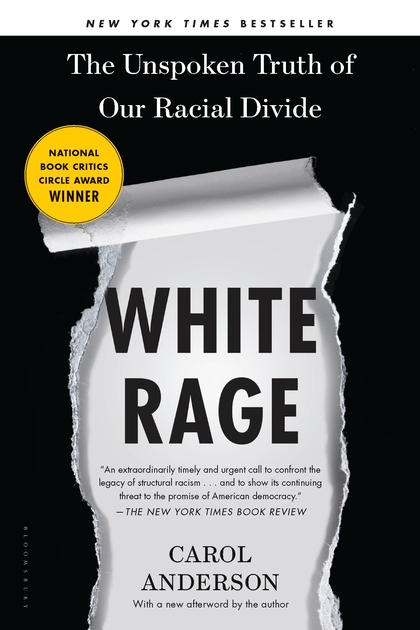
In this book, author Carol Anderson uses several historical flashpoints, including Reconstruction, Brown v. of The Board of Education, and the Civil Rights Act, as a basis to examine the racial divide in America. By drawing connections between these and other points in African American history and the backlash against them, Anderson hopes to illuminate how white rage has served as an often-violent counterpoint to African American progress in this country.
Why Are All the Black Kids Sitting Together in the Cafeteria?
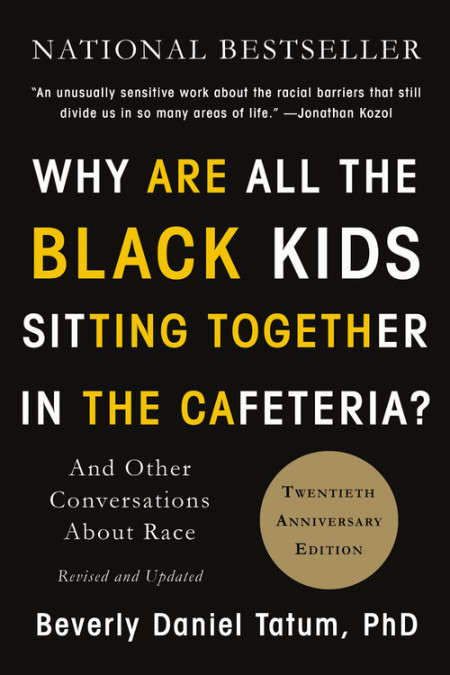
Clinical psychologist Beverly Daniel Tatum looks at our tendency to self-segregate along racial lines, and the harm that leads to in our ongoing conversations about race. The book shows how recognizing our own racial identities is essential for moving the conversation forward and establishing a better dialog about race in America.
Master your iPhone in minutes
iMore offers spot-on advice and guidance from our team of experts, with decades of Apple device experience to lean on. Learn more with iMore!
So You Want to Talk About Race
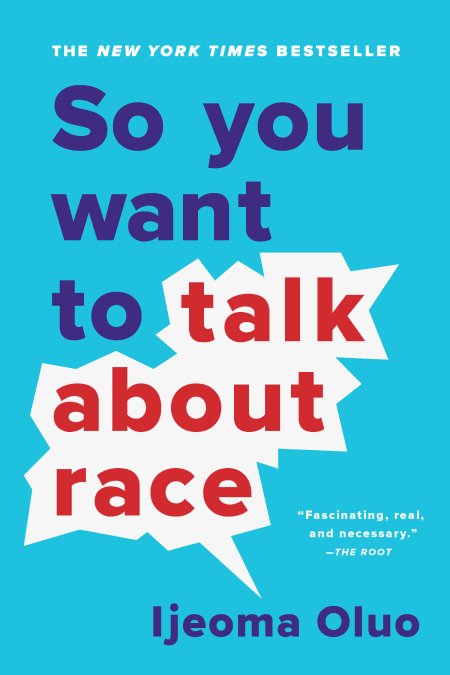
With So You Want to Talk About Race, author Ijeoma Oluo sets out to have honest conversations about race, covering a wide range of topics, from affirmative action to the "model minority." Oluo offers clear explanations of these various concepts in the hope of allowing people of all races to speak with one another in a constructive way.
Fatal Invention
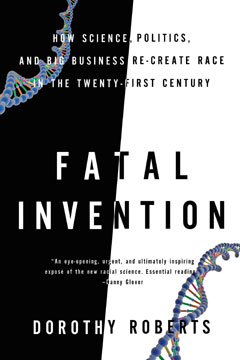
With this book, Dorothy Roberts argues against continued research into race in the science and medical fields, showing how it is continually used to promote discrimination by justifying racial difference. Roberts reviews not only the social construction of race, but also its political foundations, and how our continued misguided focus on race in science and medicine undermines efforts to create an equal society.
I'm Still Here: Black Dignity in a World Made for Whiteness
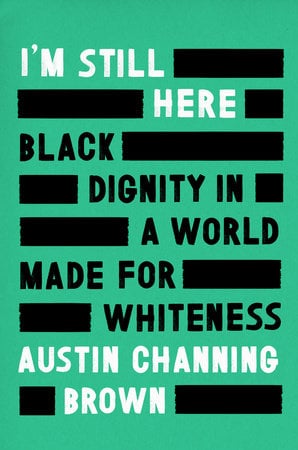
A personal account of growing up black in a predominantly white American suburb, I'm Still Here by Austin Channing Brown offers a look into a worldview that many don't see. It's also a look at the complex social spaces of the U.S., from predominantly black neighborhoods to private schools, and how white Evangelicalism has helped to shape our racial conversations in the U.S.
The Color of Law: A Forgotten History of How Our Government Segregated America
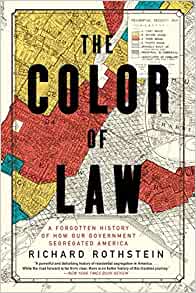
This work from historian Richard Rothstein details the complex history of racial segregation in the United States. Refuting the idea that community segregation comes from personal prejudices or as the consequence of some other aspect of society, Rothstein shows how federal, state, and local governments have and continue to reinforce segregation through race-based zoning, purposeful segregation of communities that were previously racially mixed, and much more.
White Fragility: Why It's So Hard for White People to Talk About Racism
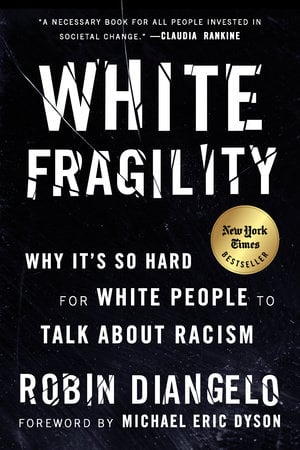
To borrow a phrase, this book is exactly what it says on the tin: an examination about why it's so hard for white people to have honest conversations about race. Robin DiAngelo, antiracist educator and author, shows how white fragility develops form defensiveness, anger, fear, and guilt, and how it prevents conversation and even promotes continued racial inequality.
Dying of Whiteness
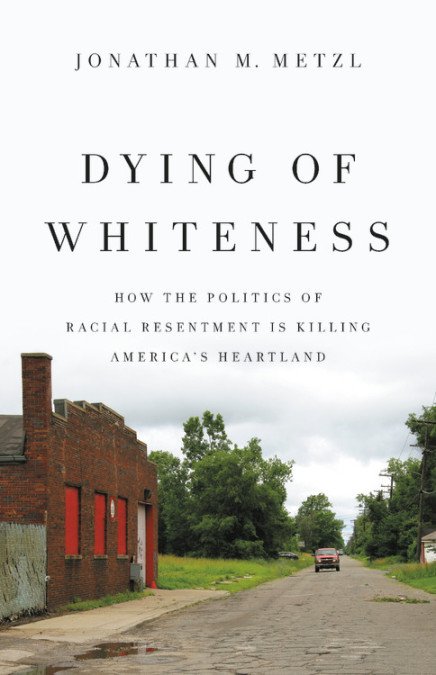
Jonathan Metzl shows the medical impact that the politics of racial resentment have on people across the country. As many low- to middle-class white Ame voters are continually drawn towards politicians who stoke the flames of racial grievance against minority populations, Metzl shows how the racial resentment of these voters leads to policies that make them sicker, kill them earlier, and lead to higher dropout rates.
This Will Be My Undoing: Living at the Intersection of Black, Female, and Feminist in (White) America
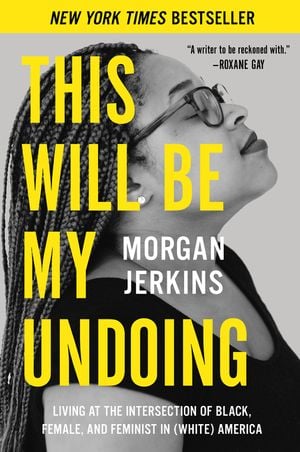
Critic Morgan Jerkins explores the crossroads of being a black woman and feminist in a predominantly white country. Taking on the challenges of being a black woman in America today, Jerkins covers a range of topics, from the stigma of therapy, the difficulties of dating men who don't "see color," black female sexuality, more. A deeply personal book, This Will Be My Undoing paints a vibrant portrait of the experience of black womanhood in America.
Your suggestions
Of course, this list isn't exhaustive. It's only a beginning. If you have any books that have helped educate you on these topics, drop them in the comments.
Joseph Keller is the former Editor in Chief of iMore. An Apple user for almost 20 years, he spends his time learning the ins and outs of iOS and macOS, always finding ways of getting the most out of his iPhone, iPad, Apple Watch, and Mac.

